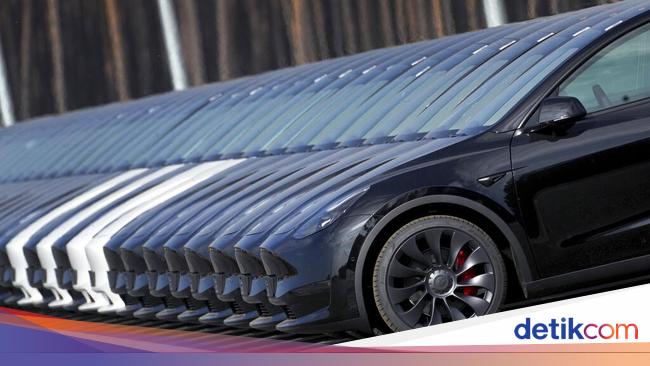Seeking to create a distinct and more powerful chipset designed for its flagships of the Galaxy S series, a report claims that Samsung will copy Apple when it comes to chipset production. Apple designs its A-series chips for the latest and greatest iPhone models and improves them every year. The South Korean manufacturer would have created a Dream Team to design a chipset dedicated to the Galaxy S.
According to a rapport from the South Korean Naver, Samsung is so focused on designing these dedicated chips that it won’t produce new high-end Exynos chips in 2023 and 2024..
This means that the Galaxy S23 and Galaxy S24 models would use a Snapdragon chip from Qualcomm in all markets. Currently, the newest Exynos chip is used on the latest Galaxy S smartphones every year, except in the United States, Canada, Taiwan and China (in these countries, smartphones are equipped with the latest Snapdragon chip from Qualcomm) .
If Naver’s report is correct, all Galaxy S23 and Galaxy S24 models will be equipped with Qualcomm in 2023 and 2024. There was another time when Samsung changed things up and that was in 2015 when the Snapdragon 810 had an overheating issue on the Galaxy S6 line. As a result, Samsung used the Exynos 7 Octa chip to drive Galaxy S6 models in countries that were used to getting a Qualcom-designed chip.
The Samsung-designed chipset won’t just be for the Galaxy S line, it could also be built for the company’s foldable smartphones. One of the issues is that Samsung Foundry currently has a low yield issue on its 3nm and 4nm chips. Recently, it was discovered that only 35% of chips built by Samsung using its 4nm process node were able to pass quality control.
A still very low rate of return
This figure is to be compared to the efficiency rate of 70% obtained by TSMC for the 4nm node, which is much better. The difference in performance cost Samsung Foundry part of the market from Qualcomm, which preferred TSMC.
Samsung’s goal is to delivering an extremely powerful chip for the Galaxy S25 in 2025, which could be upgraded every year for the following Galaxy S smartphones. At this point, it’s still unclear whether Samsung can actually succeed in this bold endeavor.
–

